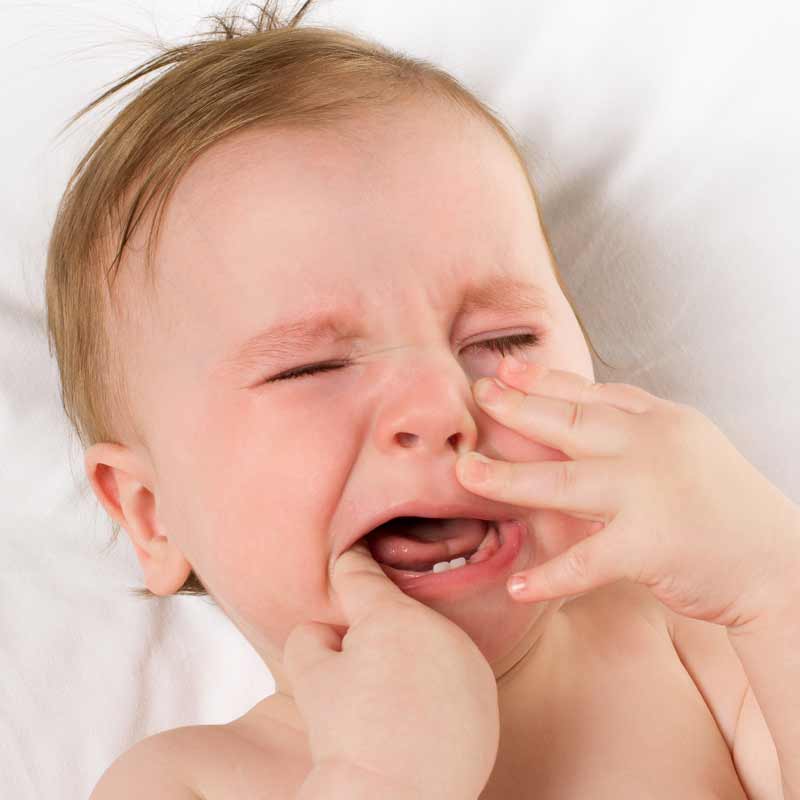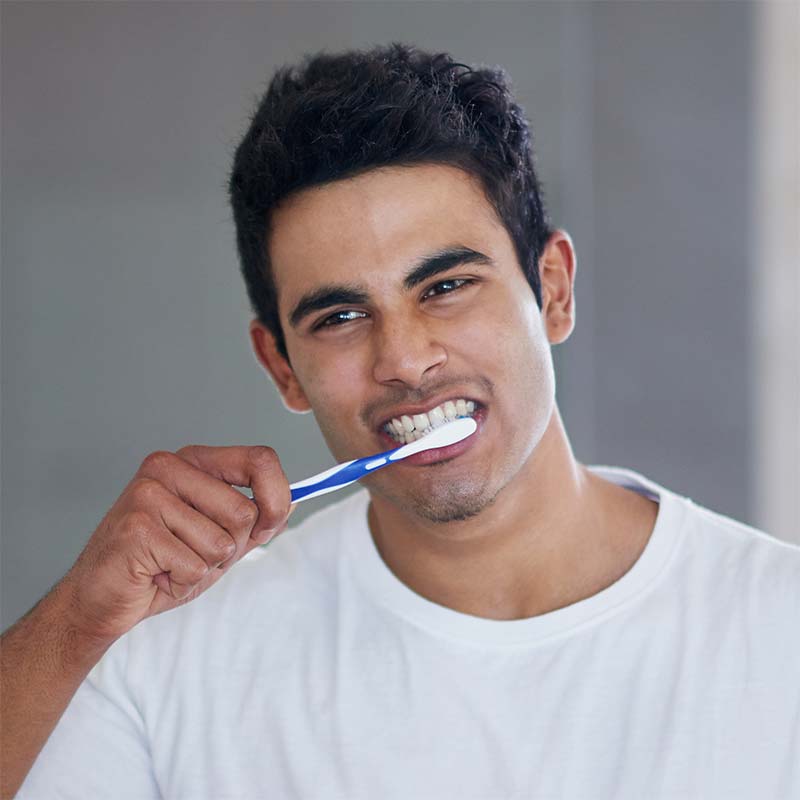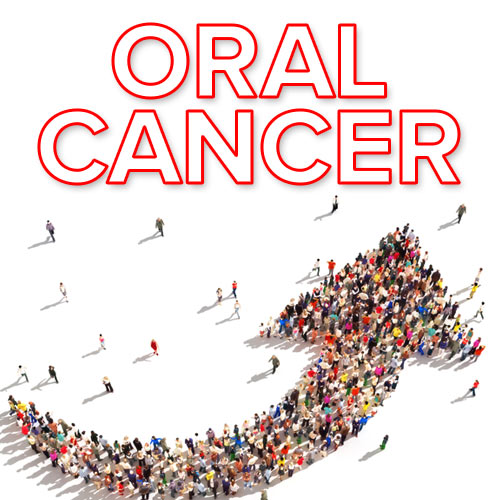Credentials, experience, and associations are extremely important aspects to look for in a pediatric dentist. What makes one stand out from the other? WHO they are. Our Doctor Spotlight series allows our tiny patients and parents to get a glimpse into the doctor’s lives. Come get to know us!

Dr. Nate Shaw is a board certified pediatric dentist and a Diplomate of the American Board of Pediatric Dentistry. He is also currently a member of the American Academy of Pediatric Dentistry, American Dental Association, Southeastern Society of Pediatric Dentistry, and the North Carolina Academy of Pediatric Dentistry.
Dr. Nate has provided dental care for those in need through mission work in Ecuador, Kenya, and has worked closely with North Carolina Missions of Mercy in their free mobile dental program. He will be primarily seeing patients at our Waverly location. Come get to know him!

Why did you decide to focus on pediatric dentistry rather than general dentistry?
I was able to intern at a pediatric dental office during college and dental school, and really enjoyed my time working with kids. They keep each day interesting and interacting with children is both fun and rewarding.
Do you have kids?
My wife, Kate, and I don’t have any kids yet, but plan on starting a family soon. We do have one rescue dog, named Kona.

What are some of your “tricks” to help ease kids’ fears about their dental visits?
I think it is important to use language that kids understand and find comforting. I like to take my time showing and explaining what we’re going to do ahead of time so there are no scary surprises. It also definitely helps having a TV above the chairs for them to watch!
What’s the best part of your day?
It’s always fun if you can get a child to laugh, kids have great senses of humor (and my wife doesn’t think any of my jokes are funny).
What’s your favorite kids’ show?
I still like the classic Disney movies the best, such as Lion King and Aladdin. But my favorite kids’ show is probably Phineas and Ferb.

What’s your favorite color?
Blue, specifically Carolina Blue (go Tar Heels)!
Do you have a sweet tooth? If so, what’s your favorite sweet?
Luckily, for my profession, I don’t have much of a sweet tooth – but I do like Reese’s Pieces.
Have you always wanted to be a dentist? If not, what did you want to be as a kid?
I always wanted a job in healthcare growing up, and decided on dentistry in high school after some great dental experiences myself. Of course, if I was athletic enough to be a professional basketball or tennis player, I wouldn’t have turned down any contract offers.

Do you have a role model or a mentor? Why do you look up to them?
My family members have always been great examples for me to look up to, my mom and grandmother were both nurses and my uncle is a pediatrician. Both my parents are supportive, hard working, strong in their faith, and are great providers that I hope to emulate when I have a family of my own.
What is your favorite sports team?
I went to UNC and grew up in Charlotte, so I love the Tar Heels and Panthers.
Finish this sentence: When I was a kid…
I loved to play the original Super Mario Brothers video game and I wanted to be a ninja turtle when I grew up, preferably Leonardo.
























